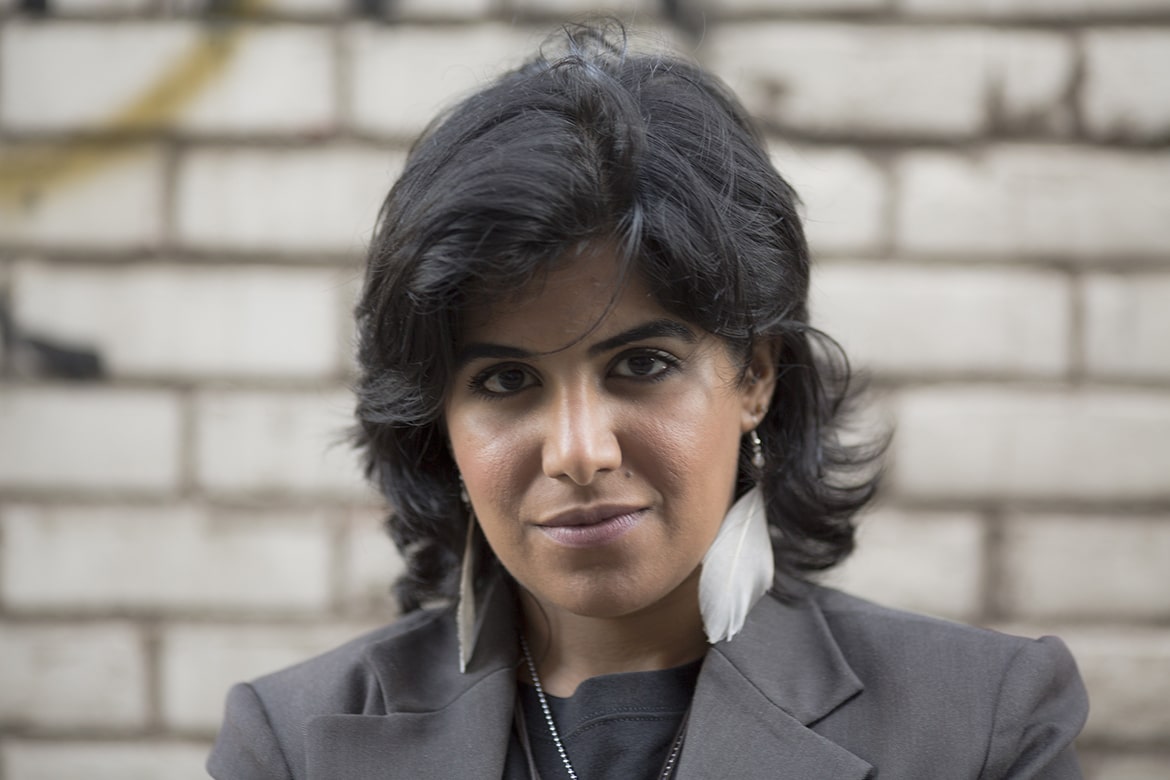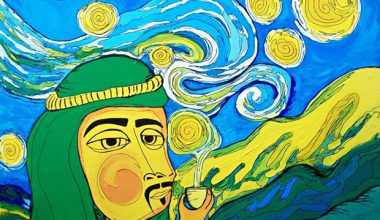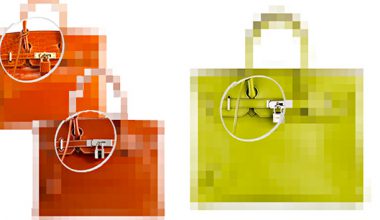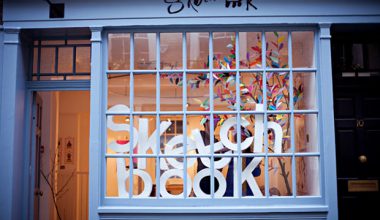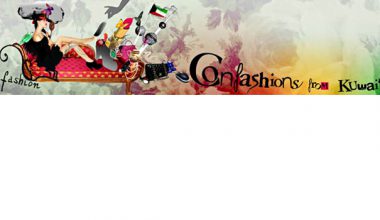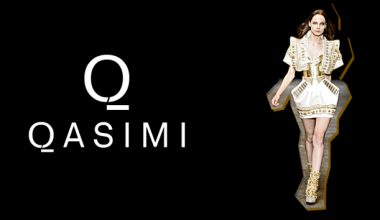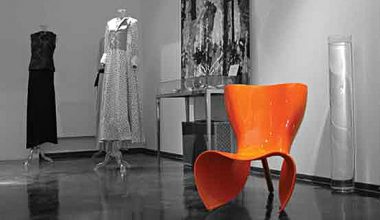At 32 years old, Nada Faris is a poet and a passionate performer with a strong, opinionated voice. Having published Fountain of Youth (Vine Leaves Press, 2016) – a collection of poetry and prose – and more recently, Mischief Diary (HBKU Press, 2018) – a collection of short stories for young adults based on real events – it’s safe to say that she is also a successful published author.
When I first met Nada, her character stood out as soon as she started speaking. Honesty and truth are the essence of every word and thought she conveys. With a Bachelor of Arts in English Literature and a Higher Diploma in Comparative Literature from Kuwait University, Nada initially wanted to just write young adult fiction, “because that’s the stuff I was reading and it was impacting me,” she said.
She explained the special qualities of young adult literature that she consumed at the time. “Number one, it made you believe that reality is malleable. It changes. And rules are sometimes made to be broken to improve society,” she said. “More importantly, young adult literature, literally, makes a young child into an adult.”
After observing society Nada realized that many negative changes were happening. She decided culture was necessary to advance society. So she began writing in magazines and newspapers, giving speeches, and self-publishing her first book, which she described as “my contract with my community. I was basically telling them if I lived in a just and idealistic world, I would sit around and write young adult fiction all day. But we don’t live in an idealistic world. So some of us have to fulfill our goals.”

A goal of hers is to create a community space with English language and literature to nurture a new identity that goes by the name “Anglowaiti.” A coined term in which the ‘Anglo’ refers to English, while the ‘waiti’ comes from Kuwait.
“One of the responsibilities that fell on my shoulders was uniting the Anglowaiti community, giving it a spotlight, an identity, and bridging communities together,” said Nada. She emphasized the importance of having a structure and a philosophy, where arguments for the modern, constitutional, democratic, and forward thinking identity are made.
As a writer with a confident voice, dealing with social issues is inevitable, and this is where Nada tends to tap on almost everything rather than on a specific social issue. “I’m not a one-cause kind of person, I don’t wear my cause as a badge,” she said. “I’m not standing and saying I am the spokesperson, for example, of only women’s rights, or of only animal rights. As a writer, my job is to show you critical thinking in every single case.”
Nada also took an interest in languages and began taking the route of translation. Her first translation was for the documentary Between Hope and Pain, which was filmed by the Kuwaiti Fencer Balsam Al-Ayoub, and produced by the Kuwaiti filmmaker Faisal Al-Duwaisan. The documentary sheds light on the reactions of the Kuwaiti athletes who were qualified for the 2016 Olympics as independents, using the International Olympic Committee’s flag (IOC) instead of Kuwait’s, because the country was banned from participating in the games.
The translation of the sports documentary went smoothly, but Nada hit a roadblock when she heard an old, traditional Kuwaiti song in the recording. Because she understands spoken Arabic, she is able to translate from Arabic to English. But the words in the old Arabic song were a genuine challenge, and it motivated her to start a journey of learning Arabic, and specifically, traditional Kuwaiti language. “If I do more work on the Arabic language,” she said, “I’ll be able to translate much deeper texts, cultural or literary, for example.”
Nada continues to improve her understanding of languages, communication, and writing. “For me, my entire paradigm has been: Learning any language better, makes us better human beings,” she said. “Because we are linguistic beings at the end of the day.”
Yet she is frustrated by the lack of government recognition of the cultural sector, specifically in the department of creative writing. “All over Kuwait, we don’t have scholarships for creative writing,” she said. “Literature is seen as the garbage of all education and creative writing is not even there!”
Nurturing cultural talent and creativity is the key to several closed doors, according to Nada, and she sees that now Kuwait has an industry that intersects both private and public sectors, which has the ability to lessen the burden of youth unemployment on a national level.
“If we actually have people that pay for poetry performances, poets don’t have to have office jobs where they don’t do anything,” she said. “They can literally move economy through tourism.”
Nada will continue to create projects, give talks and lectures, and perform for the sake of the community, but for now, she’s headed to New York City to pursue a Master of Fine Arts in creative writing with a concentration in poetry at Columbia University.
“My point is we need a real governmental vision,” she said. “Where we have in our society an entire generation of young Kuwaitis who want to create their own literature in the global language.”
Words by Hala Danbouh
Images courtesy of Nada Faris

